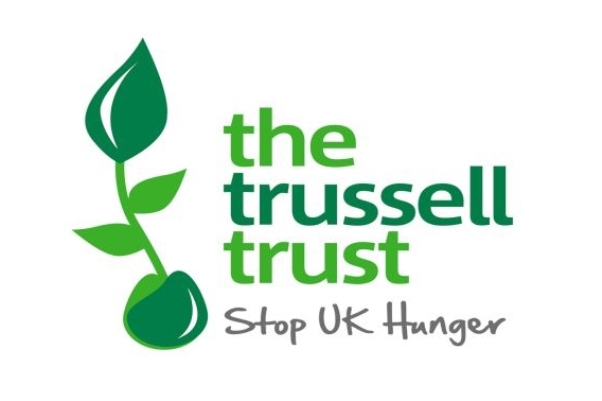
DWP hotline plea as Norfolk's foodbank use stays high
Between April and September 2016, Norfolk based Foodbanks gave three-day food supplies to 9,024 people in crisis, contributing to a rise in the national use of Foodbanks which has resulted in the Trussell Trust calling for a direct DWP hotline.
Anti-poverty charity, The Trussell Trust, has today (Tuesday, November 8) proposed a direct telephone line between foodbanks and local job centres as it reveals that between April and September 2016, Trussell Trust foodbanks gave 519, 342 three-day emergency food supplies to people in crisis, compared to 506,369 in the same period last year.
The mid-year figures show that foodbanks across Norfolk including Norwich Foodbank, Mid Norfolk Foodbank, King’s Lynn Foodbank, Thetford Foodbank, Cromer and District Foodbank and Hunstanton and District Foodbank have distributed three day emergency food supplies to 9,024 people in this period (3096 children), consistent with the 9,031 people served in the same period last year. These figures are higher than the neighbouring county of Suffolk (2,899 people served) and slightly lower than Cambridgeshire (10,086 people served).
In the East of England which includes Norfolk, issues with benefits remain the biggest cause of foodbank use, accounting for 42% of total referrals (28% benefit delay, 14% benefit changes). Benefit delays and changes have been the biggest reasons for foodbank use UK-wide, accounting for 44% of referrals to Trussell Trust foodbanks. In response the charity is calling for a hotline to each foodbank’s local Job Centre Plus.
The proposed hotline would provide vital, timely and invaluable trouble-shooting support for people referred to foodbanks because of problems with a welfare claim and may prevent them from needing the foodbank again.
Hannah Worsley, Norwich foodbank Project Manager said:
“Anybody could find themselves in need of the foodbank. Every week we meet local people like you or me, who have been hit by something unavoidable – such as illness, a delay in welfare payments or an unexpected bill - and are unable to afford food. It really is only with the community’s support that we’re able to provide vital emergency help when it most matters, and we’re constantly surprised and overwhelmed by local people’s generosity.
We’re keen to work with individuals, businesses and organisations across the community to help put a stop to local people going hungry – there’s a part for everyone to play. Thank you so much to everyone in Norwich and the surrounding area who already donates time, food and money to help local people. If you’re not already involved, we’d love to hear from you!”
David McAuley, Chief Executive of The Trussell Trust, comments: “As the number of emergency food parcels provided to people by foodbanks rises once again, it’s clear that more can be done to get people back on their feet faster. Many foodbanks now host independent welfare and debt advisers but they cannot solve all the issues.
“To stop UK hunger we must make sure the welfare system works fairly and compassionately, stopping people getting to a point where they have no money to eat. It feels like we could be seeing a new era at the DWP with a consultation on Work Capability Assessments and willingness to engage in dialogue with charities working on the front line. A telephone hotline could build on this and go a long way to improving foodbanks ability to help get people out of a crisis faster.”
Low income was the second largest cause of a crisis, accounting for nearly one in four of all referrals to Trussell Trust foodbanks, driven by problems such as low pay, insecure work or rising costs.
A hotline would be a low cost solution that allows foodbank managers and volunteers to support those in serious crises more quickly and efficiently, reducing stress and negative impact on the mental wellbeing of people referred to the foodbank. Evidence from The Trussell Trust network of foodbanks suggests foodbank managers, volunteers and welfare advisers spend a significant amount of time on hold to DWP phone lines on behalf of people in crisis.
|